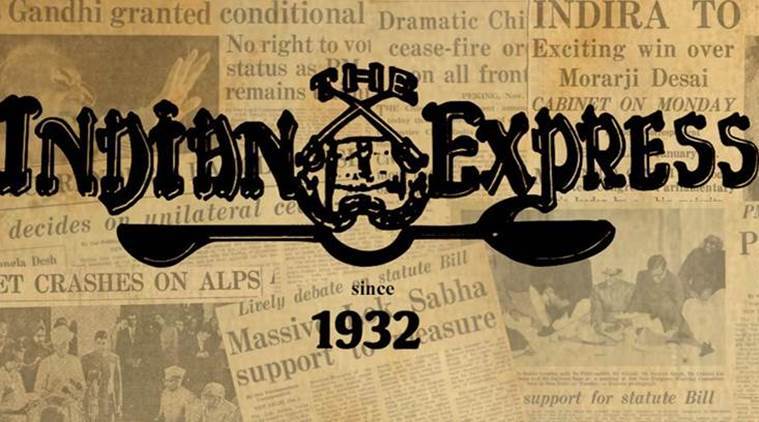Poverty, not poor
Decriminalisation of begging can turn a perceived problem into an advantage, if government extends basic services

Poverty, not poor
The Delhi High Court has done well to strike down as unconstitutional the provisions of the law which sanction punitive action against beggars, including incarceration. Twenty-five sections of the Bombay Prevention of Begging Act, which was extended to Delhi and serves as the template for other state laws criminalising begging, are off the books. These stigmatising provisions recalled the targeting of allegedly “criminal tribes” in British colonial territories and should never have been allowed to infest the statute books of a democracy.
In their observations, the bench, comprising Justices Gita Mittal and C Hari Shankar, has sought to dispel the idea of begging as a disease — which leads to its stigmatisation and criminalisation — and to regard it as a symptom. The underlying disease is the failure of the state to protect citizens who fall through the social security net. The court has clarified what should have been obvious to generations of policymakers — that criminalising begging attacks the fundamental right of the most vulnerable, the poorest of the poor, to regain access to basic necessities like food and shelter. While it is now understood that begging cannot be criminalised because it is the last resort, the very real problem of organised begging rackets will have to be addressed by other means, perhaps based on the law of trafficking.
The ruling has accepted the basic premise of the PIL, that poverty cannot be a crime. It was so in the law of less enlightened times and gave rise, among other ills, to the workhouses of England. But poverty is a failing of the state and a civilised society must regard the poor not as criminals to be sentenced, but as candidates for protection. The decriminalisation of those who fail usually has positive effects. For instance, Portugal, which decriminalised drug use and possession in 2001, has achieved the lowest rate of drug-related social costs, like death and crime, in the European Union. But part of its solution was to redeploy budgets spent on enforcement to the support of addicts. A similar step with regard to beggars — spending aggressively on rehabilitation — would yield similar outcomes, and turn what was regarded as a social problem into a dividend.






































No hay comentarios:
Publicar un comentario